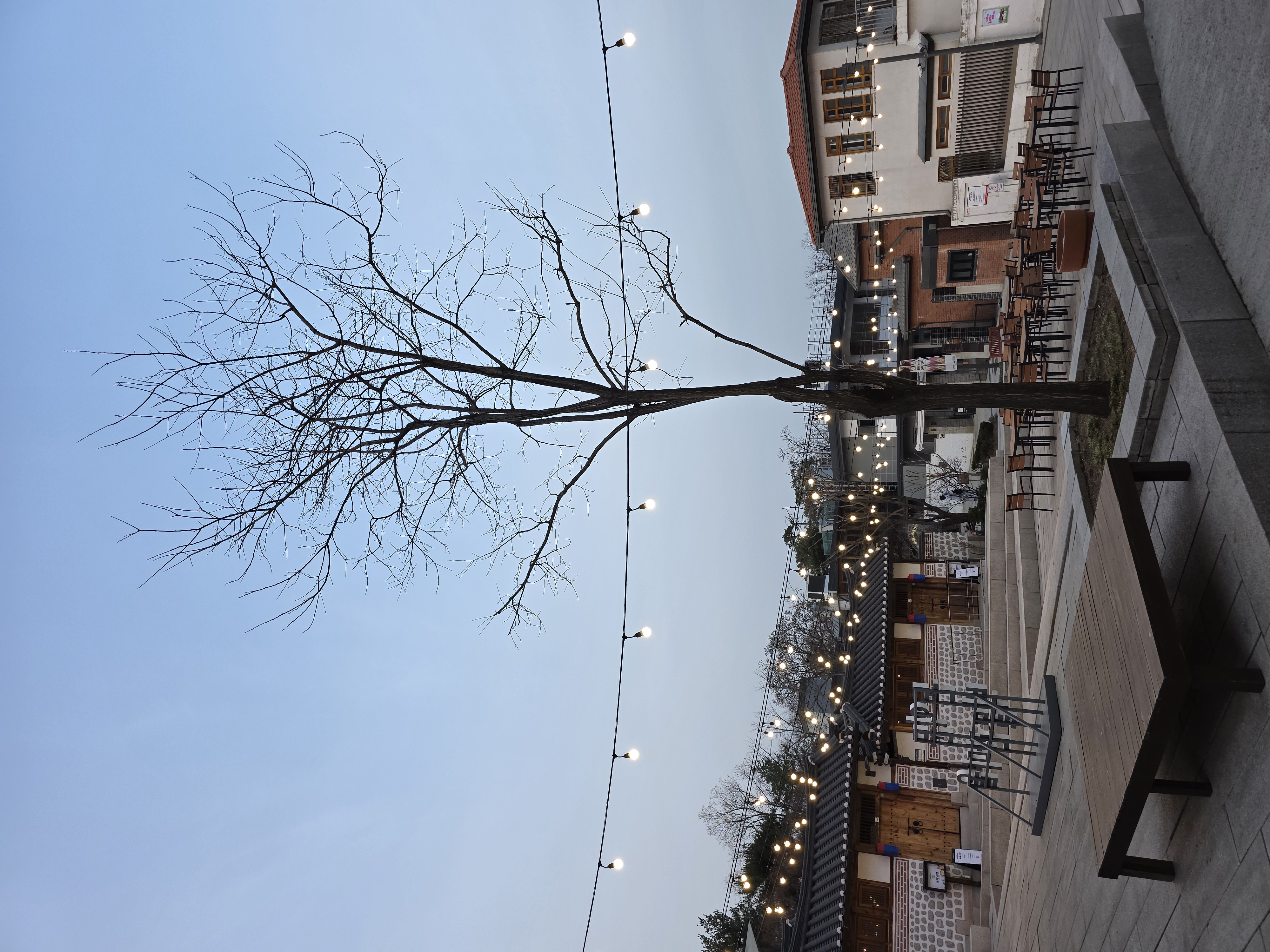서울에 관한 개요(Key Information about Seoul in 2025)
서울특별시는 대한민국의 수도이자 정치, 경제, 문화, 교육의 중심지다. 한반도의 중서부, 한강을 중심으로 자리잡고 있으며, 25개의 자치구로 구성되어 있다. 총면적은 약 605.2㎢로 크지는 않지만, 인구 밀도와 경제 활동 면에서는 가장 활발한 도시 중 하나다.
인구와 행정
2025년 현재 서울의 인구는 약 900만 명 정도로 추산된다. 예전보다 인구가 다소 줄어든 모습인데, 이는

출산율 저하와 수도권 외곽으로의 인구 이동, 고령화 등의 영향이 반영된 결과다. 서울시청은 종로구에 위치하고 있으며, 강남구, 송파구, 마포구 등은 주거와 상업이 집중된 지역으로 잘 알려져 있다.
경제와 산업
서울은 국내총생산(GDP)의 약 20%를 차지할 만큼 경제적으로 중요한 도시다. IT, 금융, 콘텐츠, 바이오 등 다양한 산업이 활발하게 움직이고 있다. 특히 강남과 여의도는 금융·비즈니스의 중심지로, 마곡지구는 바이오 산업의 거점으로 발전 중이다. 서울시는 ‘스마트 시티 서울’을 목표로, 디지털 기술을 활용한 도시 혁신에 힘쓰고 있다.
교통
서울의 교통 시스템은 세계적으로도 인정받고 있다. 2025년 기준으로 23개의 지하철 노선이 운영되고 있으며, 수도권 전철망과도 잘 연결돼 있다. 전기버스, 수소버스 같은 친환경 대중교통이 점차 늘어나고 있으며, 일부 지역에서는 자율주행 셔틀버스도 시범 운행 중이다.
교육과 문화
서울에는 서울대학교, 연세대학교, 고려대학교 같은 명문 대학들이 있으며, 교육의 중심지 역할을 하고 있다. 문화적으로도 다양한 시설이 자리잡고 있는데, 국립중앙박물관, 세종문화회관, DDP(동대문디자인플라자) 등이 대표적이다. 한류의 영향으로 외국인 관광객도 많이 찾고 있으며, 서울시는 관광객을 위한 다양한 서비스와 축제를 운영하고 있다.
주거와 도시 개발
서울은 주택 가격이 높고, 주거 문제가 항상 중요한 이슈다. 이에 따라 공공임대주택 공급, 재개발 및 재건축 정책 조정, 청년·1인 가구 대상 주거 지원 등이 추진되고 있다. 용산, 고덕강일, 마포 등은 도시 재개발이 활발하게 진행 중이며, 스마트 기술이 적용된 복합 공간으로 탈바꿈하고 있다.
환경과 지속가능성
서울은 탄소중립을 향한 다양한 노력을 기울이고 있다. 건물 태양광 설치, 친환경차 보급, 녹지 공간 확대, 제로에너지건축물 인증 등 환경 관련 정책이 꾸준히 추진 중이다. 시민들이 실시간으로 대기질 정보를 확인할 수 있는 시스템도 잘 갖춰져 있다.
복지와 삶의 질
서울시는 고령화 사회에 대응해 노인 복지, 청년 지원, 장애인 접근성 개선 등에 힘쓰고 있다. 1인 가구 지원 정책, 청년 수당, 통합 돌봄 서비스 등이 운영되고 있으며, ‘돌봄서울’이라는 플랫폼을 통해 시민의 복지 수요에 대응하고 있다.
Seoul is the capital city of South Korea and the center of the nation’s politics, economy, education, and culture. Located in the northwestern part of the Korean Peninsula, the city is divided into 25 autonomous districts (gu) and lies along the Han River. With an area of approximately 605.2 km², Seoul occupies only a small portion of the country's land, but it is one of the most densely populated and economically active cities in Korea.
Population and Administration
As of 2025, Seoul’s population is estimated to be around 9 million. The number has gradually decreased due to factors such as low birth rates, population movement to suburban areas, and aging. The Seoul Metropolitan Government is located in Jongno District, and areas like Gangnam, Songpa, and Mapo are well-known for their concentration of housing, business, and commercial activity.
Economy and Industry
Seoul generates about 20% of South Korea’s GDP, making it the economic powerhouse of the country. Major industries include IT, finance, cultural content, and biotech. Gangnam and Yeouido serve as financial and business hubs, while Magok is emerging as a biotech cluster. The city continues to pursue its "Smart City Seoul" vision by integrating digital technologies into public services and infrastructure.
Transportation
Seoul has one of the world’s most advanced and efficient public transportation systems. As of 2025, there are 23 subway and light rail lines operating throughout the city, well connected to the greater Seoul metropolitan area. Eco-friendly transportation is also on the rise, with an increasing number of electric and hydrogen buses. In some areas, autonomous shuttle buses are being piloted as part of smart mobility projects.
Education and Culture
Home to top universities like Seoul National University, Yonsei University, and Korea University, Seoul plays a central role in the country’s education system. Culturally, the city is rich in institutions such as the National Museum of Korea, Seoul Museum of History, and the Sejong Center for the Performing Arts. With the continued global popularity of Korean culture (K-pop, dramas, and films), the number of international tourists visiting Seoul continues to grow. The city is working to attract 15 million tourists by offering smart tourism services and hosting cultural festivals.
Housing and Urban Development
Housing remains one of Seoul’s most pressing issues. To tackle rising housing costs and meet demand, the city is increasing the supply of public housing, revising redevelopment policies, and launching housing support programs for single-person and youth households. Areas like Yongsan, Magok, and parts of Mapo are undergoing large-scale urban redevelopment, integrating smart city technologies and mixed-use spaces.
Environment and Sustainability
Seoul is committed to addressing climate change and achieving carbon neutrality by 2050. The city is implementing various policies such as expanding solar panels on public buildings, increasing the number of eco-friendly vehicles, certifying zero-energy buildings, and creating more green spaces. Citizens can also access real-time air quality information through a citywide monitoring system.
Welfare and Quality of Life
With a growing elderly population, Seoul is focusing on social welfare services, including support for seniors, youth, people with disabilities, and single-person households. In 2025, the city is running pilot programs for youth basic income, expanded care services for the elderly, and integrated support systems like “Care Seoul,” which connects citizens to welfare resources more efficiently.